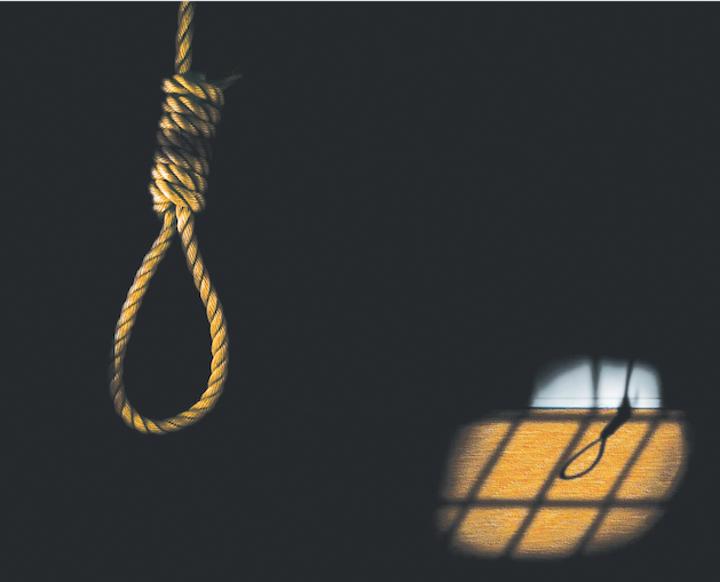Africa-Press – Namibia. NATIONAL police spokesperson deputy commissioner Kauna Shikwambi has described children as “fragile eggs” – especially during the global Covid-19 pandemic.
She was referring to police statistics indicating that 11 children in Namibia between the ages of 10 and 17 have taken their lives between January and 18 August this year.
Shikwambi said eight boys and three girls took their lives in this period. She said psychosocial support is crucial during the pandemic. “Our children are dealing with emotions and frustrations. Instead of creating more fear, panic or suicide, we must all be positive,” she said.
“Sadly, in the contemporary world, how we as parents deal with or treat our children matters, because they are very sensitive, and thus like ‘fragile eggs’,” Shikwambi said.
She encouraged young people to practise emotional intelligence, self-care, and to ask for support. Shikwambi said the pandemic causes anxiety, frustration, victimisation and fear.
She said this contributes to stress and thoughts of taking one’s own life. Life coach and counsellor Anthony Auchab says Covid-19 trauma and the loss of life are some of the saddest things young people are currently struggling with.
He says although some young people are willing to speak up, few seek mental healthcare assistance. He says most young people are struggling to adjust, leading to depression and suicide.
“Some kids have lost their primary caregivers, and now they fear facing life without them,” Auchab says. He says some young people are forced to spend most of their time in abusive or dysfunctional homes when in quarantine.
According to the World Health Organisation (WHO), more than 700 000 people take their own lives every year. There are indications that for each person who took his or her own life, more than 20 others may have attempted to do so, the organisation says.
According to the WHO, it is the second leading cause of death among young people. Hency Kandume, a 21-year-old student, says she has suffered several mental breakdowns since the start of the pandemic.
“I wanted to kill myself just to get away from everybody, and I used to cry all day. I have been stuck with family members who would never listen to me,” she says. She says it’s hard to tolerate negative comments from people close to you.
Clinical psychologist Joab Mudzanapabwe says Covid-19 has disturbed the social networks essential for the emotional well-being of humanity – especially among young people.
“Due to the limitations caused by Covid-19, young people become hopeless and feel a loss of meaning in life,” he says. Feeling life has no meaning is one of the key symptoms of depression, he says. Mudzanapabwe says isolation can trigger anxiety.
A pupil, who has asked to remain anonymous, says he finds it hard to interact with others since his father died of Covid-19. “I am scared of getting the virus. All I know is that the world will never be the same without my father,” he says.
He is currently seeing a psychologist and trying to interact with people, he says. “Isolation creates uncertainty, and removes the power of choice, which makes people feel vulnerable,” the pupil says.
The WHO’s reports state that across the United States (US) hospitals are reporting alarmingly increased rates of attempted and completed suicides among young people during the pandemic.
Auchab says physical exercise is important, as well as introducing ourselves to new hobbies and family games. “The youth should feel comfortable and say ‘I am not fine’ if they are not,” he says.






